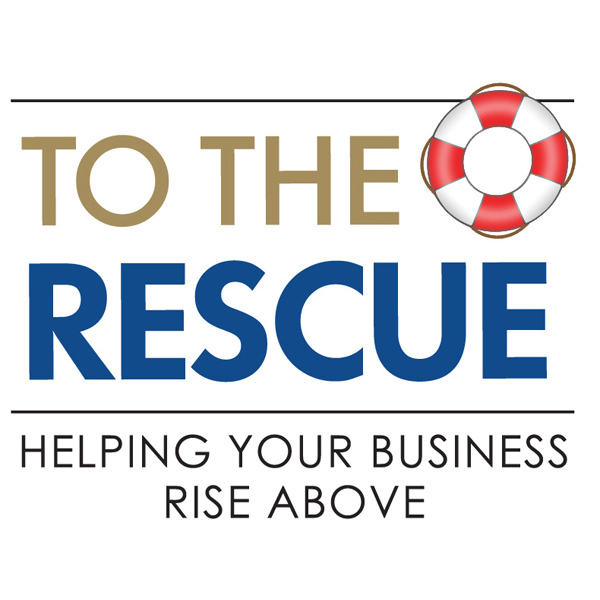1 – Regardless of location, always look at your physical surroundings, before entering sensitive information on your phone or computer. Spies are everywhere. They may not be hacking you, they may have already hacked that security camera over your shoulder. 2 – When on a public network, use a VPN to keep your traffic encrypted […]
